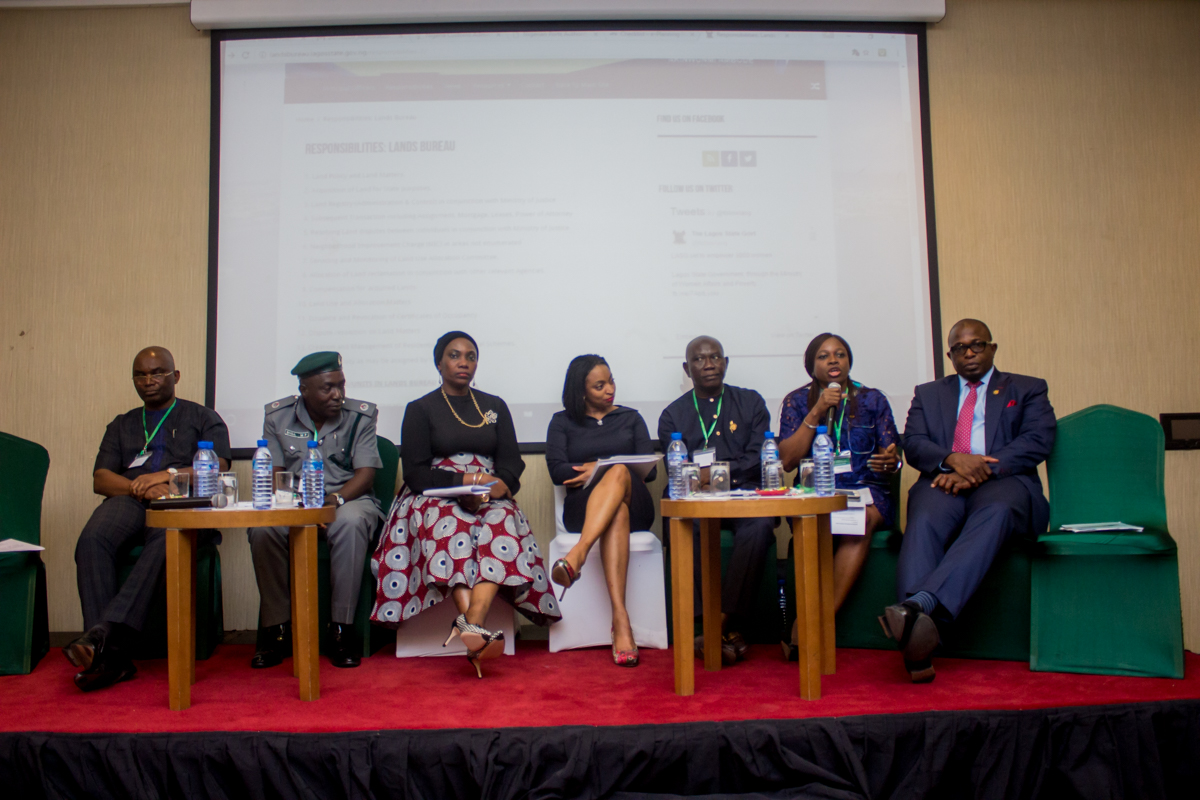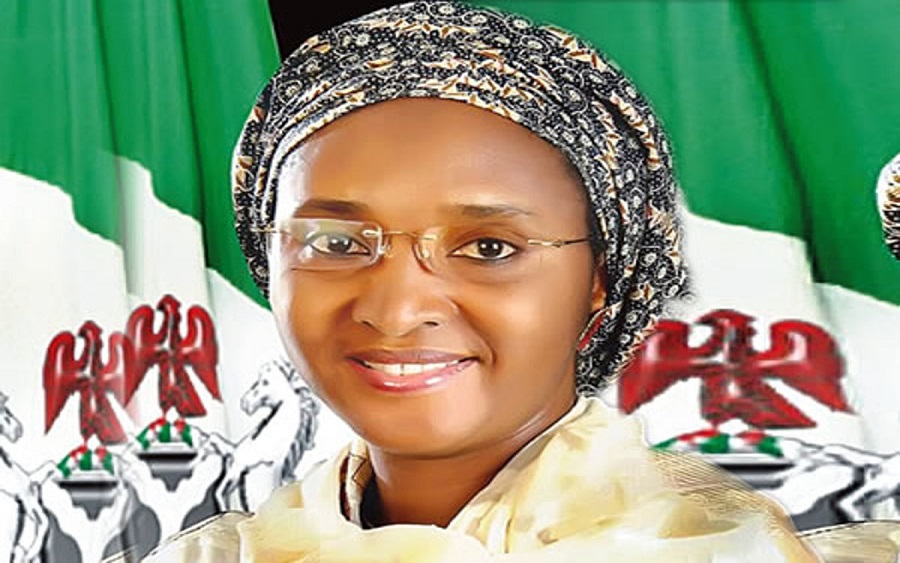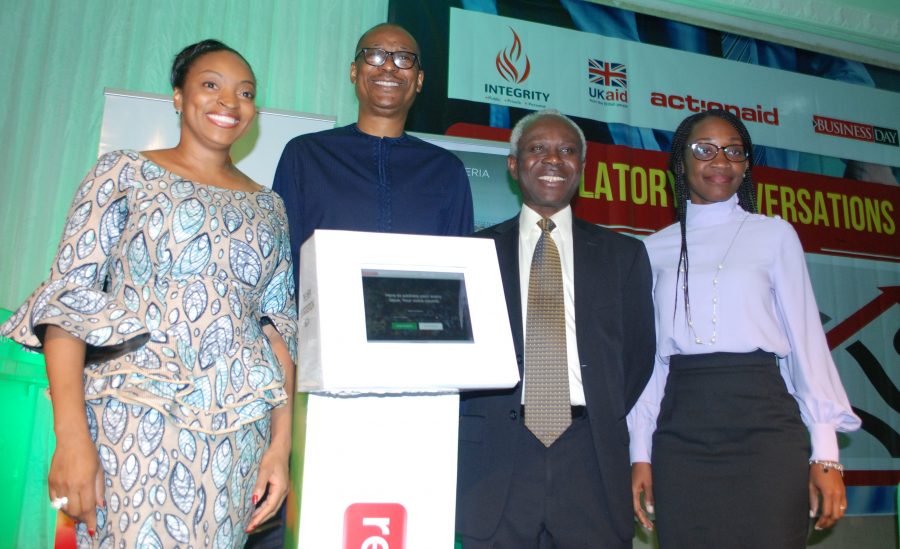As Nigeria awaits the latest release of the ease of doing business report by the World Bank, the task of easing business across the country remains daunting.
A real estate company, CoBuildIT on twitter tweeted about the challenges they have had with the Abuja Municipal Authority as they strive to invest in the country and create more jobs.
Here is an excerpt of their thread;
Morning gentlemen, some thoughts on ease of doing business in Nigeria…
So we are building a project (a pilot with 20 apartments +) in Abuja as we prep to join in and take on the housing deficit in Nigeria.
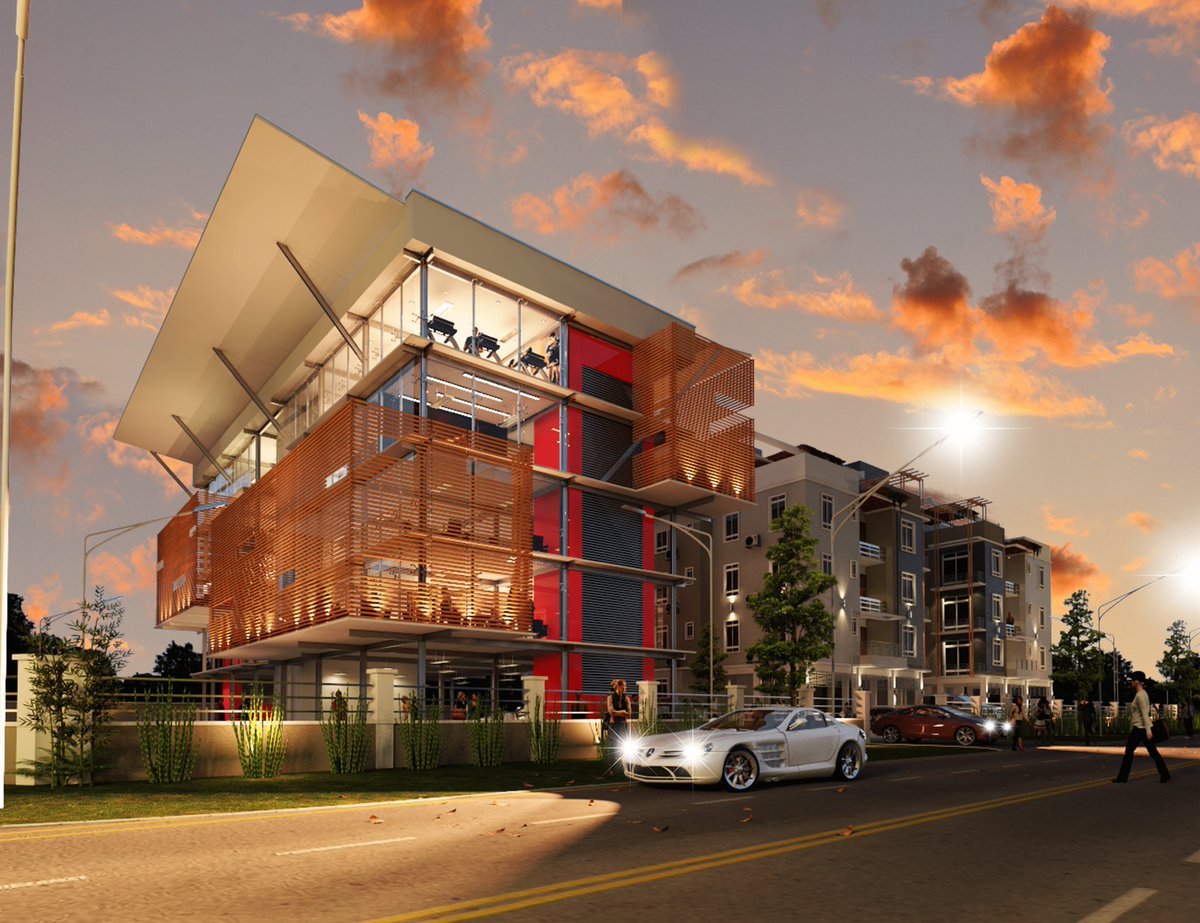
Since we started sometime around March, the project has employed over a 100 people at intervals and around 20 on an ongoing basis
Nearly 100 million has gone into material procurement and payments of wages/salaries, all of which have knock on effects as you would know
One would assume that govt and it’s agencies would see this sort of activity as helpful for the local economy and find practice ways to help
Our experience with govt and it’s agencies has however largely negative since we started this project.
For instance, the moment our project sign board went up, AMAC hit us with this
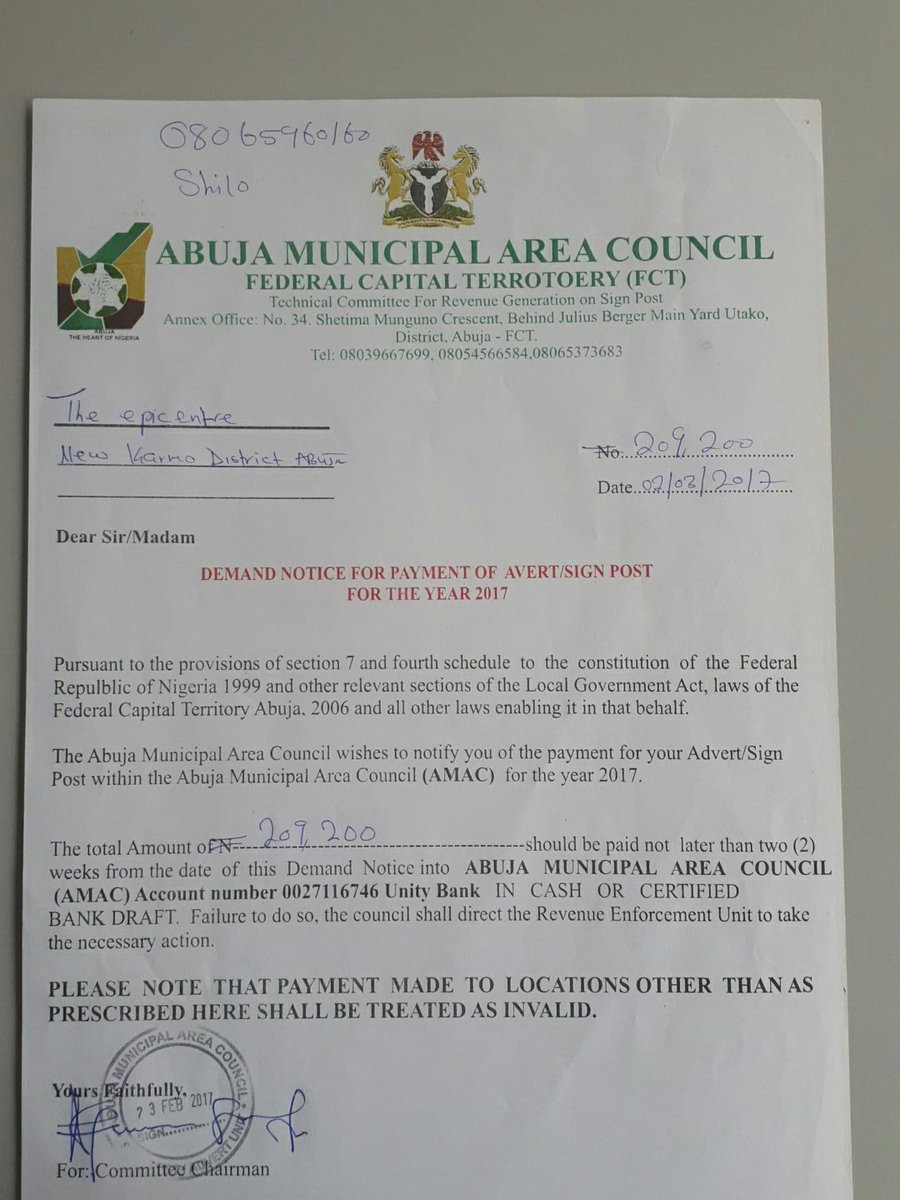
We thought it odd that we had to pay for a temporary project sign board within our premises but we did anyway.
Now AMAC in conjunction with some private company is asking us to pay them 500,000 for ‘staking’ building materials on our own premises.
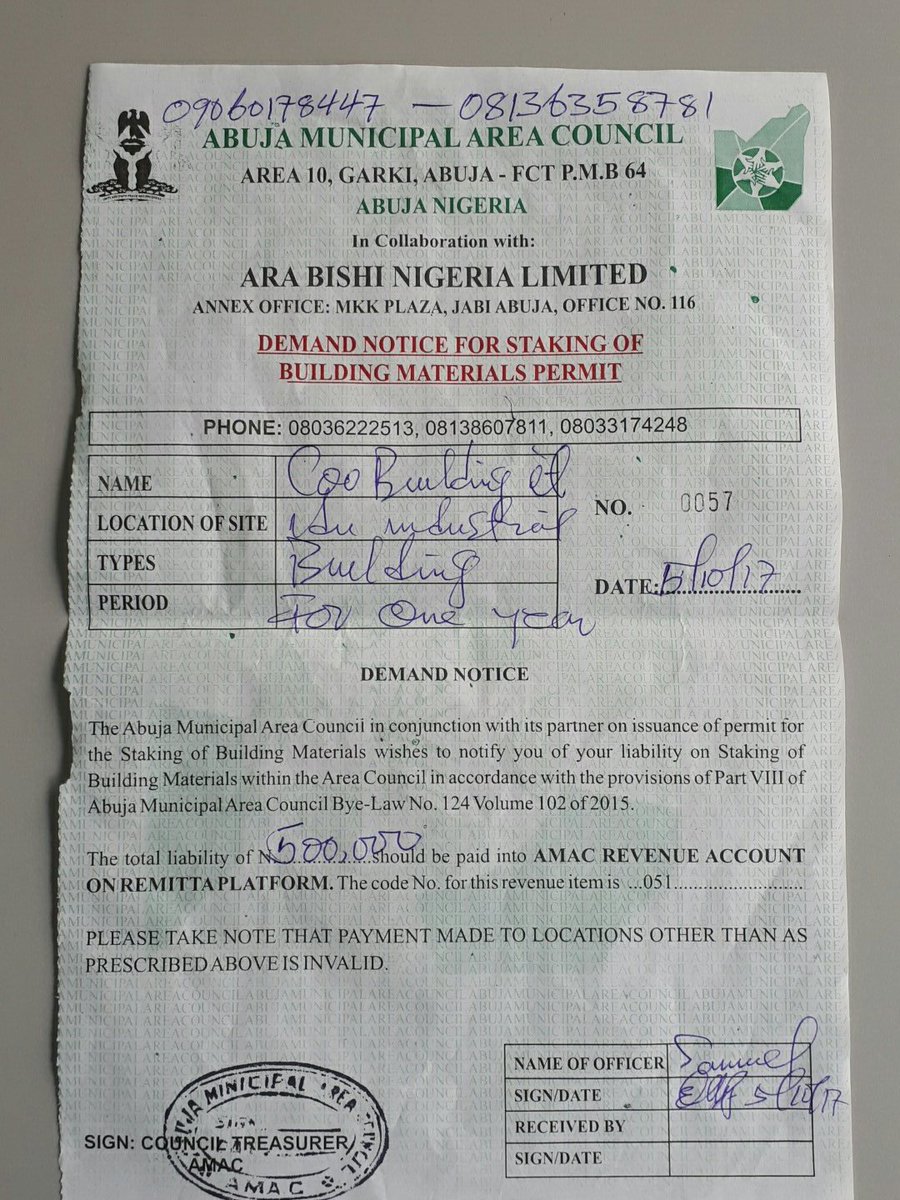
Are we supposed to build without building materials? Or are we supposed to ‘stake’ the materials at AMAC office? What is the logic in this?
We know that govt is looking for funds but there should be some logic to this. Why stifle every effort to actually lift a finger?
Mindlessly preying on production is what kills an economy. Govt needs to learn to delay gratification.
See thread and comments below;
@ProfOsinbajo @fola37 @kola_aina @DoubleEph @toluogunlesi
Morning gentlemen, some thoughts on ease of doing business in Nigeria… pic.twitter.com/4sS8q8Sm5T
— CoBuildIT (@CoBuildIT) October 6, 2017

